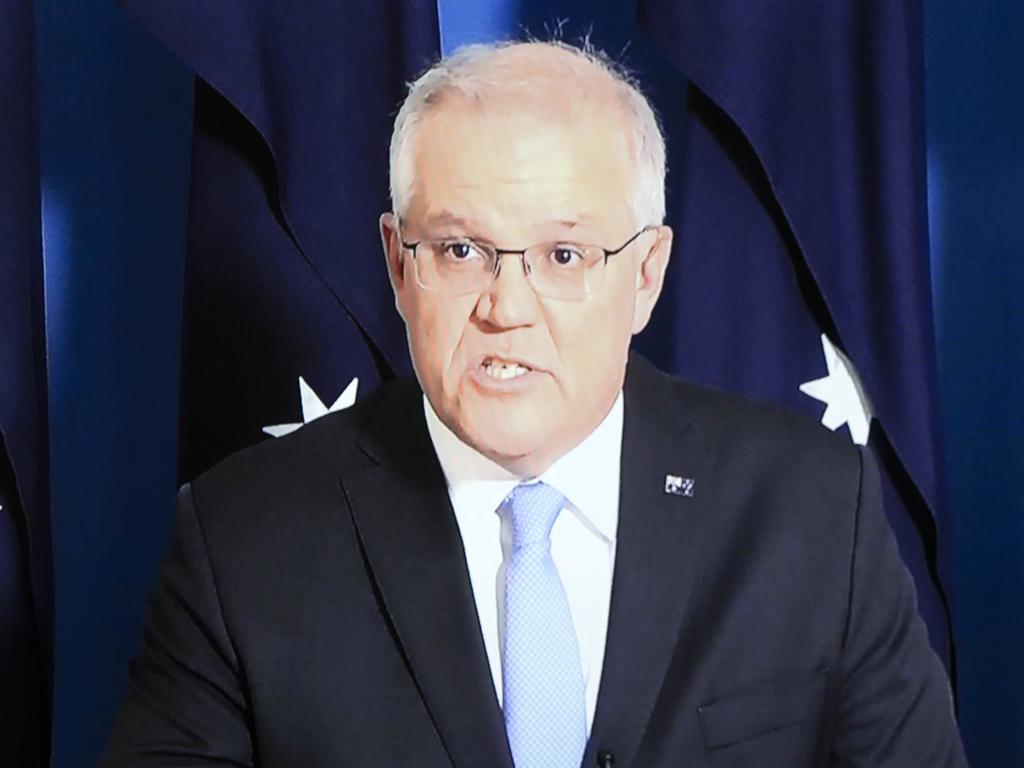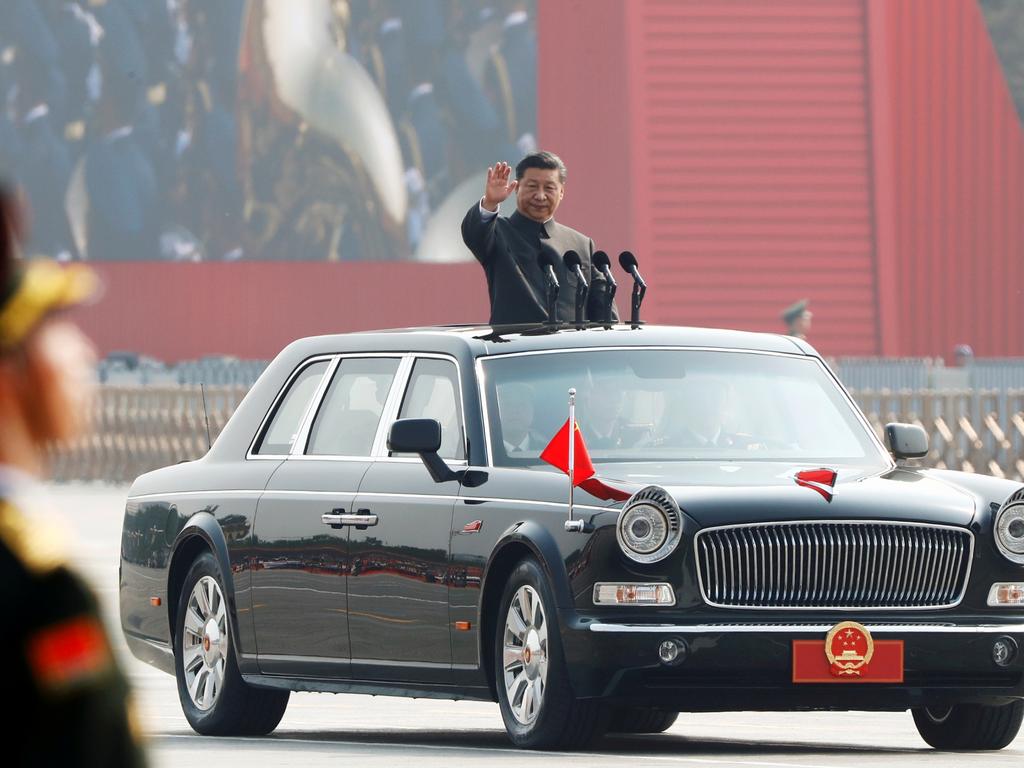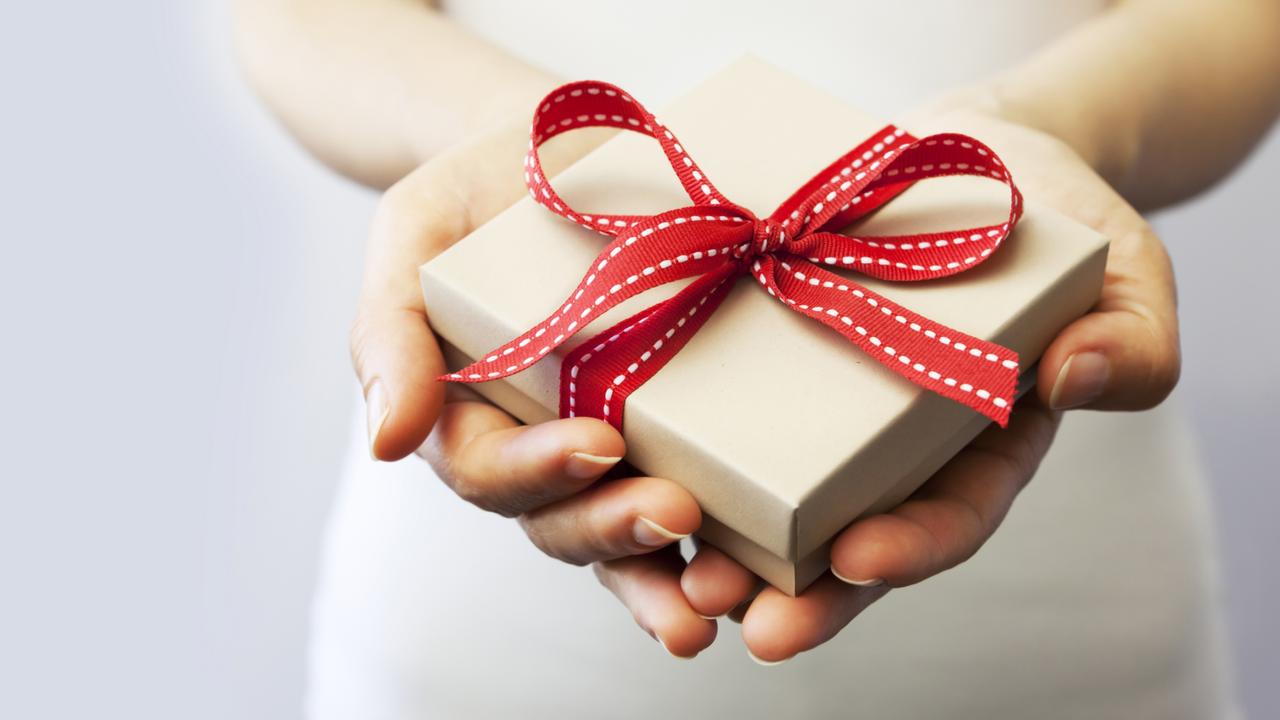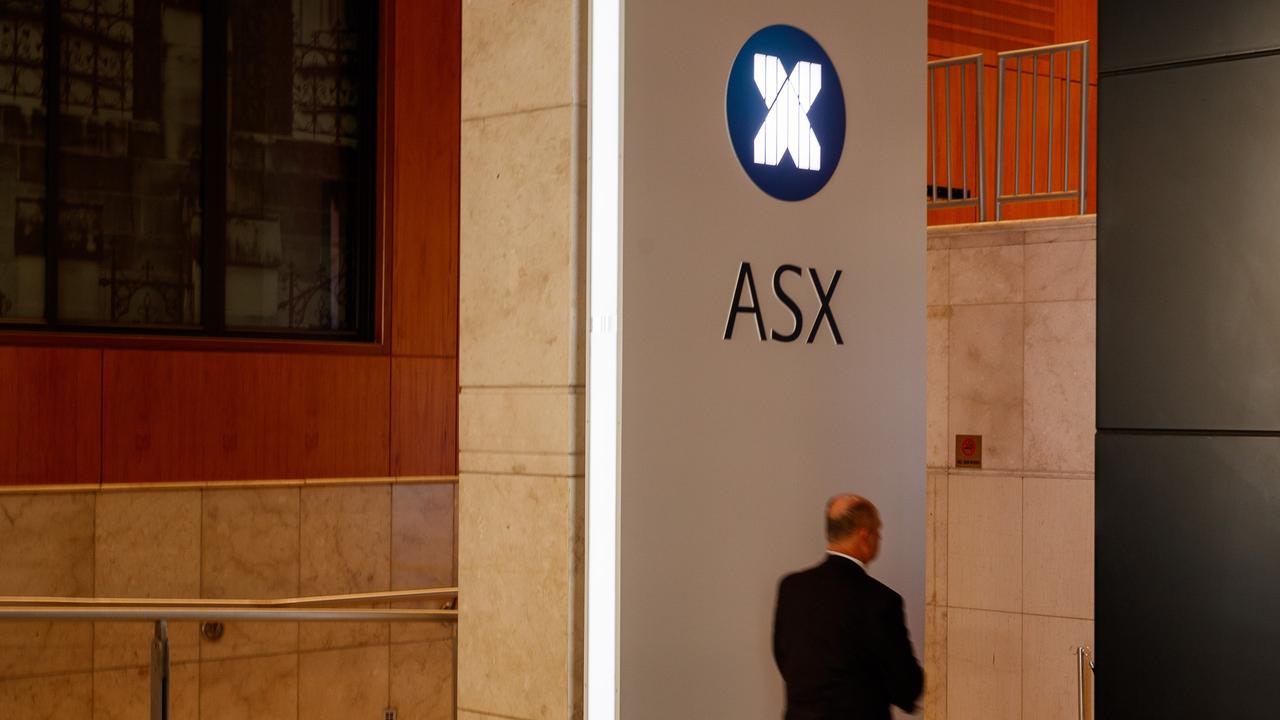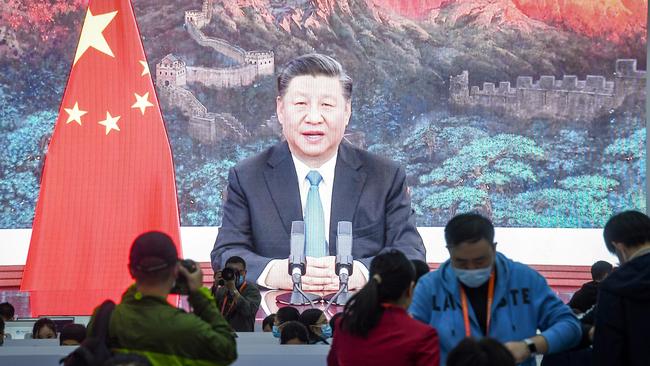
Within 24 hours of my alert that green shoots were emerging in the Australia-China relationship, China moved to impose enormous tariffs on Australian wine.
While those hopeful signs may still develop, there was egg on my face.
Accordingly, it’s time to stand back and look at what the China wine disaster is telling us. And as I moved deeper into the morass, I found strange parallels between what is happening in both the US and China, which I will discuss below.
Our wine makers have been taught the same lesson that so many other Australian businesses have also learned the hard way: don’t let any one group dominate your operation because down the track they will exploit this situation.
Supermarkets, Amazon and a variety of major retailers in Australia and around the world love to suck suppliers into becoming too dependent on them. When the suppliers are trapped, they’re often forced to slash their prices. It’s a centuries old management tactic that’s will remain with us for the foreseeable future.
Our wine makers, lobster producers and timber groups in southern Victoria didn’t count on China using their dominant market positions to exercise political pressure on Australia. Again, it’s an old trick with a new twist but it also represents bad Australian management. Treasury Wines is now diversifying its markets but it will take time to rectify past management mistakes.
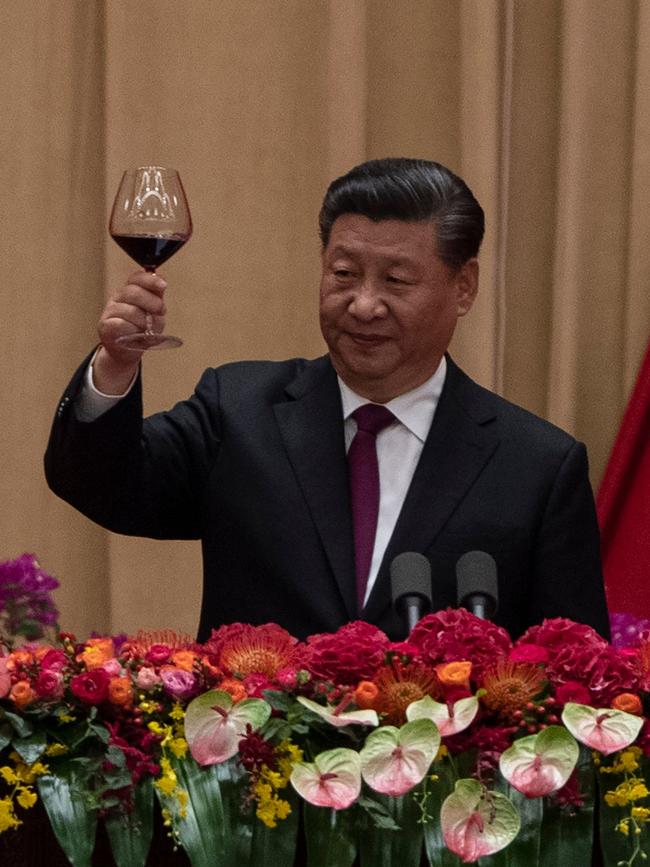
In contrast wheat growers spread their markets so no one country can blackmail them. China accounts for less than 10 per cent of Australian wheat exports.
But there is an added twist to wine. China has isolated around 15 bodies that appear to be dedicated to helping wine makers. Australian wine CEOs should have been watching China studying those bodies as an early warning sign of trouble ahead. On our side I don’t know how much help these bodies give to wine exports but on the surface it looks like a government employee rort with lots of people with their noses in the trough.
Our wine makers got sucked in because in dealing with Chinese wholesalers and retailers they encountered entrepreneurship and the Australians and Chinese could relate to each other. The dinners were good.
Accordingly, the Australians were unprepared for their operations to be used by the Chinese government as a weapon to punish Australia.
Iron ore risk
Yet there is another group of companies that in the long term is vulnerable to the same victimisation: Australia’s iron ore producers, led by BHP.
From President Xi Jinping down, the Chinese are angry at what they regard as iron ore price gouging by the Australians. They are working feverishly to lessen dependence on Australia. BHP is the most vulnerable, because the largest shareholder in Rio Tinto is a Chinese state owned company.
The entrepreneurship of Chinese enterprises encouraged not just Australian wine exporters. Suddenly those Chinese enterprises are being hit by the Chinese government and are being forced into a strategy change, so are less confident about the future.
Smaller flexible financing organisations have been fuelling Chinese entrepreneurship and taking business away from the struggling state owned enterprises who have the ear of President Xi.
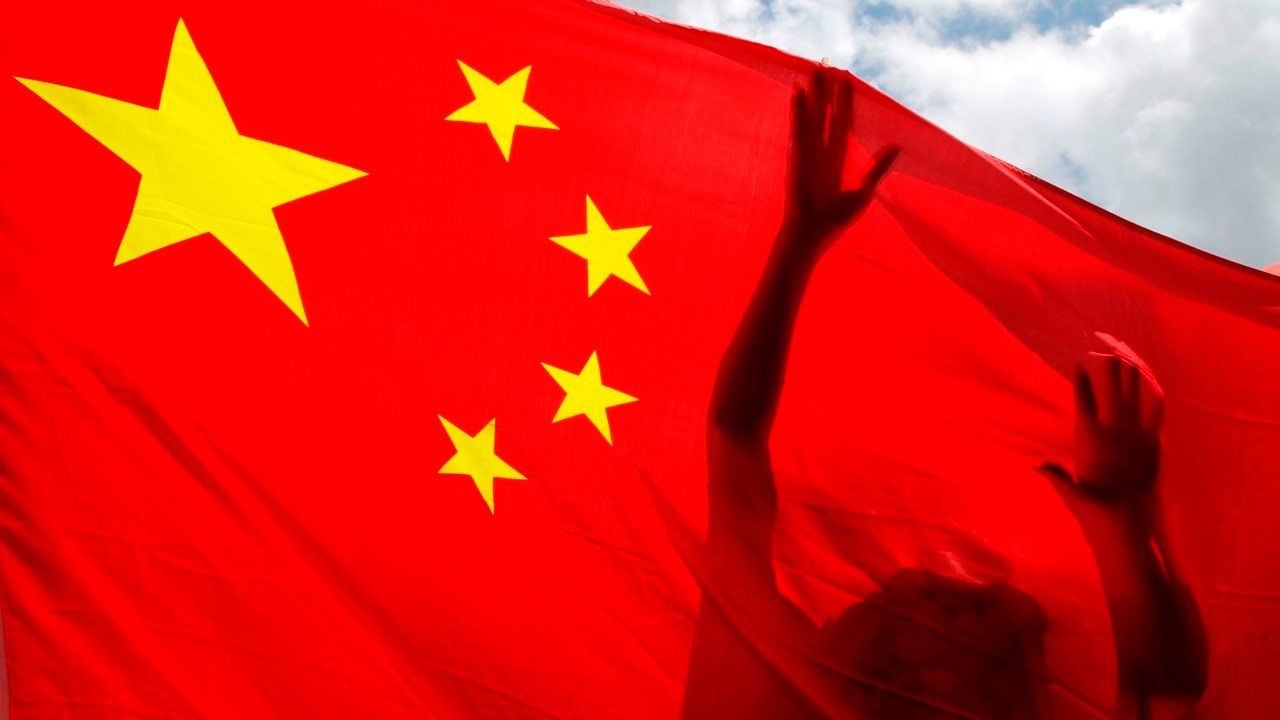
The government is swinging the entrepreneurship financing pendulum back to a more conventional communist model.
The most dramatic illustration of that pendulum swing was the decision by the Chinese government to block the public flotation of Ant, which would have been one of the largest ever in the world.
Ant was not only a lending to Chinese entrepreneurs but was developing a major business in gaining knowledge about consumers’ habits and thoughts via social media, which it would commercialise. China suddenly realised that it didn’t want that knowledge to be owned by an international public company.
New monopolies
It was a major government recognition of the growing power of the global “thought and mind” monopolies which in the US have become akin to the great oil monopolies of the 1920s and 1930s, which created huge fortunes in the industrial and transport revolutions.
In the world today the equivalents of the old oil barons are the likes of Google and Facebook, which have developed a way of discovering what people are thinking (via social media) and selling that knowledge. Both major US political parties have become apprehensive about the power of the “mind and thought” monopolies and in the case of Republicans there is severe concern over the censorship imposed on their president. In the coming years there will be action on that front.
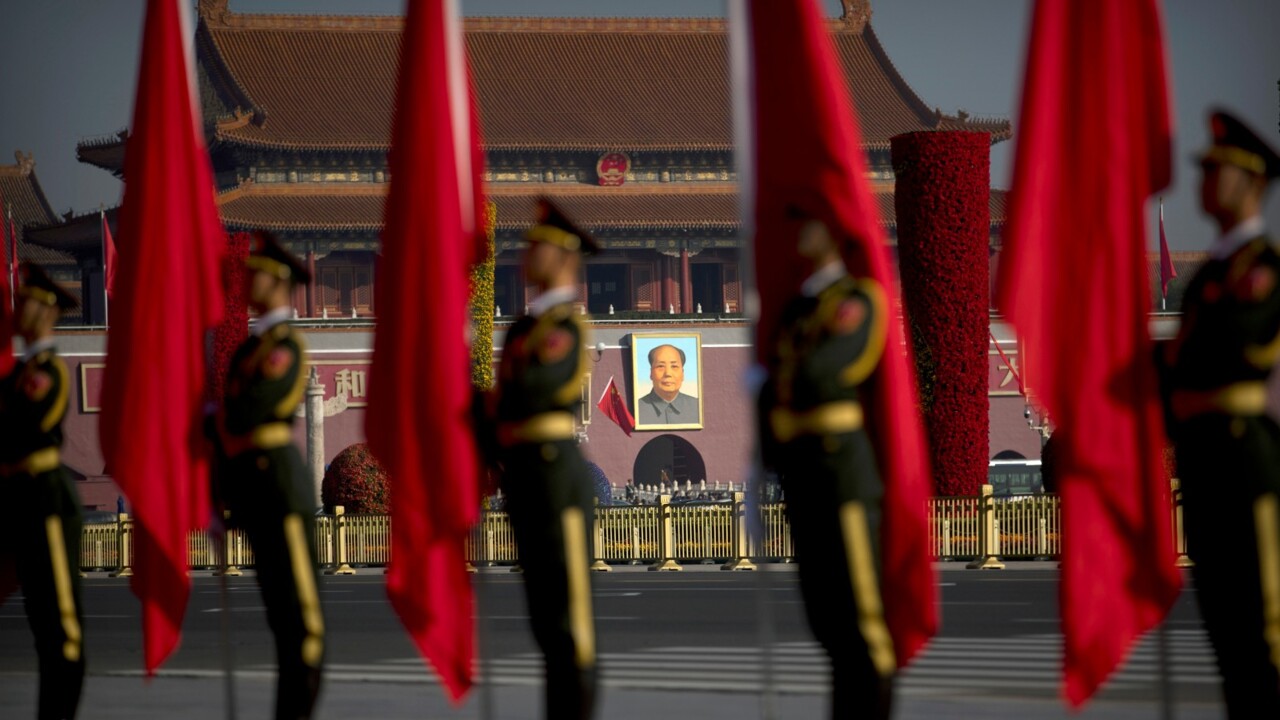
In China that “mind and thought” power is being mobilised by the state, and when combined with the curbing of smaller enterprise finance, as well as entrepreneurship hazards, then China could have a much lower growth rate than the world is anticipating.
Rowan Callick in The Weekend Australian warned Australia that we might be being too optimistic in forecasting an 8 per cent China growth rate. China is banking on artificial intelligence and technology to boost its industry, but the blows China has landed on its wine, lobster and timber entrepreneurship as part of dispute with Australia might also be a signal that China will not prosper in the way we have become accustomed.


